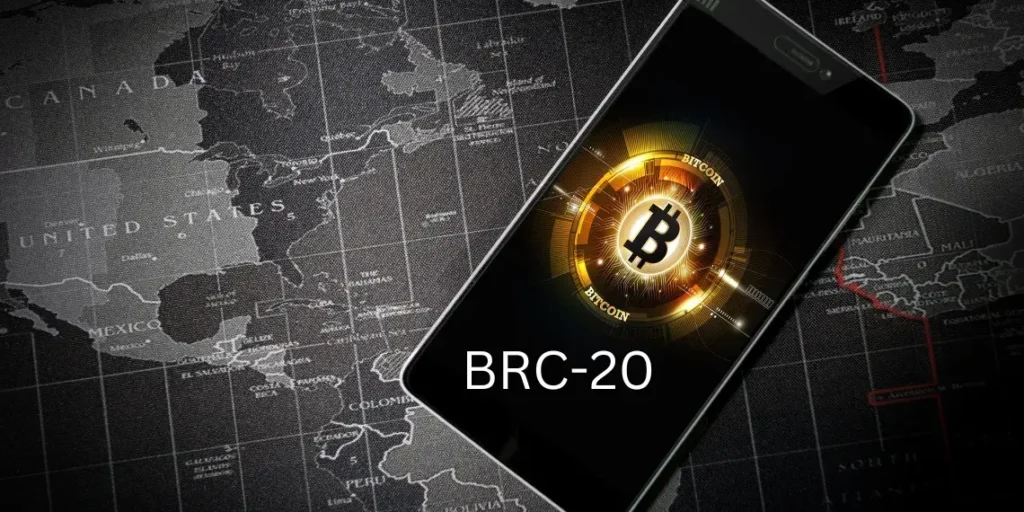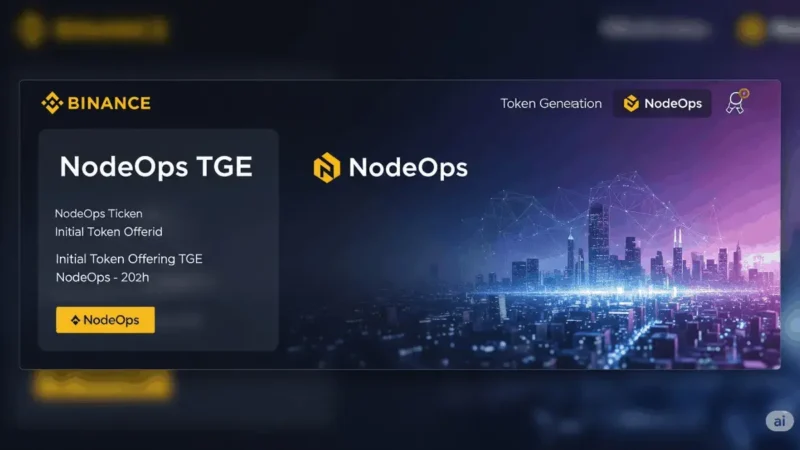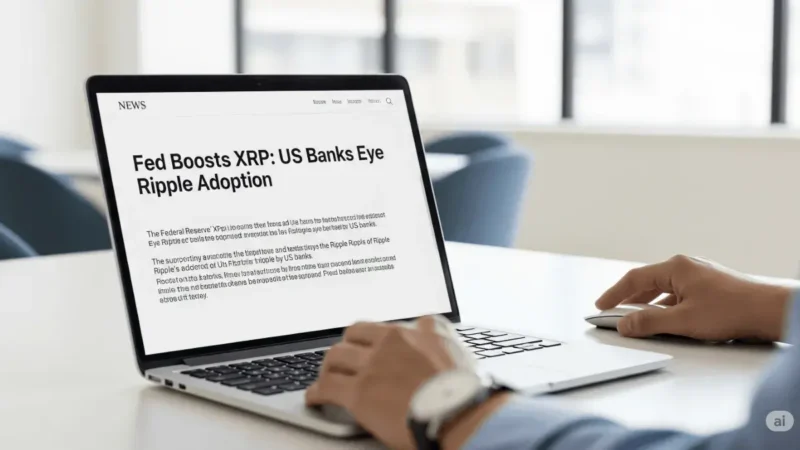Drama about BRC-20 tokens: That’s why Ordinals could soon be over

There is currently a drama going on among Bitcoiners about BRC-20 tokens. The fronts are hardening. Why Ordinals could soon be over and what that means for the young ecosystem.
Drama about BRC-20 tokens: That’s why Ordinals could soon be over
There has been a drama surrounding BRC-20 tokens in the last few days . The tokens are receiving increasing attention after a listing on Binance explodes Ordi (ORDI) , which is one such user-generated Bitcoin token.
As a result, other BRC-20 tokens are also growing explosively and, according to CoinGecko, are becoming one of the most important categories in terms of price growth.
BRC-20 is a token standard based on the Ordinal Protocol . This was presented at the beginning of 2023 by former Bitcoin developer Casey Rodarmor and allows native NFTs on Bitcoin for the first time. Based on the technology, several token standards such as BRC-20 were later created.
Ordinals quickly became very popular and divided the Bitcoin community. Debates broke out about the sensible use of the blocks within the blockchain. The same discussion is now playing out again about BRC-20.
Due to the massive use of BRC-20, the Bitcoin network is currently extremely congested. At the time of going to press, there are over 90,000 transactions in the mempool. Network fees average around $5.00.
Bitcoin developer Luke Dashjr has had enough of it. In an angry tweet , he announced that all ordinals should disappear from the Bitcoin blockchain from 2024 – including BRC-20.
How Ordinals should be put to an end
In his tweet, Dashjr referred to Ordinals as a bug in Bitcoin Core’s current software. This needs to be fixed, says the programmer. He sees the exploding use of BRC-20 tokens as a targeted spam attack on Bitcoin.
“The so-called inscriptions abuse a Bitcoin Core flaw to spam the blockchain,” explains Dashjr.
The Bitcoin Core feature Datacarriersize allows miners to set a data limit to a certain extent. Ordinals describe this value with program code, which has previously resulted in data limits being exceeded beyond the norm.
The programmer writes that he has already fixed the error in the node client Bitcoin Knots with version 25.1. The node client specifically excludes ordinals in order to write more “real transactions” into the blocks.
Developer Ocean Mining , whose technical director is Dashjr, describes Ordinals as a “DoS attack” on the largest blockchain. The problem still exists within Bitcoin Core. An upcoming change will then exclude Ordinals from the entire network.
“Bitcoin Core is still affected in the upcoming version 26. I can only hope that the issue will finally be fixed before v27 next year,” said Dashjr.
According to a statement from Dashjr, Ordinals will cease to exist completely starting next year as a result of the software update. The ecosystem that has emerged in recent months is therefore likely to lose its entire value.
“Ordinals have been an attack on Bitcoin since the beginning,” says Dashjr, justifying his intention.
Ordinals developer takes a stand
Ocean Mining’s contribution led to a lot of criticism. Many Bitcoiners see the reaction to Ordinals as censorship and a departure from Bitcoin’s innermost values. Ordinals developer Rodarmor also recently took a stand on what is happening within the Bitcoin scene.
Stay tuned for daily cryptocurrency news!
Rodarmor expressed no criticism of the fight against his invention. Nevertheless, he made it clear in his comment that he finds the use of ordinals beneficial for Bitcoin.
“Perhaps it is good that there are different sources of demand for Bitcoin blocks,” said Rodarmor.
If ordinals from Bitcoin disappeared, the demand for blockspace would only be limited to classic transactions. According to Rodarmor, this would be detrimental to the economic development of the oldest cryptocurrency.



